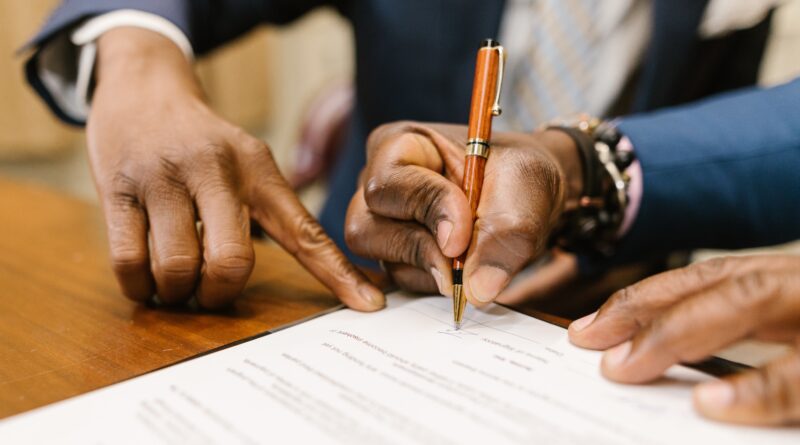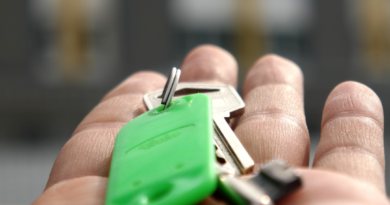How long does it take to move house?
Moving is not only hard and expensive but also time-consuming and risky.
Many people make wrong decisions when they want to move house because they don’t have an adequate plan for the moving process, also the time of moving varies greatly depending on several factors.
So, how much time do you need to plan and execute your move? How long does it take to relocate? How soon can you relocate your home?
Stay tuned to find out.
How long does it take to move house?
Moving to a new house will take anywhere between 8 and 22 weeks, taking into consideration different stages and steps that needed to be followed in order to make the moving process smooth.
There is a lot that goes into a relocation, and several factors contribute to the total time it takes from beginning to end.
This includes finding a new home, having your mortgage approval, going through building surveys, conveyancing, and finding a trustworthy moving company to assist you on the moving day.
This article is intended to bring you through each phase of the moving process to make it easier for you to move house and have an insight into the different things that should be considered before and after moving house.
First step: Mortgage agreement in principle
If you have all of your mortgage documentation available, you can acquire a mortgage agreement in principle relatively quickly, you will need :
ID documents, 3 months pay slips, 3 months bank statements, P60, tax returns, worker contract, passport, accountants statement for the past 2 to 3 years if you are self-employed, SA302 form if you are self-employed, and finally utility bills to prove your current address.
Second step: Selling your home
You have the option of selling your house individually or through an estate agency, if you sell your house through an estate agency, they will most likely charge you between 1% and 4% plus VAT for arranging the selling process.
Selling your property may take some time, generally a few weeks, but it is extremely feasible to sell your home with a home purchasing agency like British Home Buyers, which will essentially assure you may acquire your new place without having to worry about selling your old one.
If you haven’t already found a new home, you can start looking for one while your house is being sold. Keep in mind that you must have a gas certificate when selling your property, and you must have it within 28 days of promoting your home for sale.
Third step: Finding your new house
There are several methods for purchasing a home, therefore the first step is to start finding the ideal property.
When house hunting, make a budget for yourself.
Make the appropriate calculations to establish what you can afford.
If you need a mortgage, you should get an ‘agreement in principle ( Step 1) from the right lender so you know exactly how much you may borrow.
Don’t forget to include in the deposit, stamp duty, conveyancing fees, surveyors’ fees, and removal costs.
You may begin to look for your new house as soon as all your finances are all sorted out.
The amount of time spent on this phase will vary based on your location, budget, local property market, personal tastes, and a variety of other considerations.
Fourth step: Finding a conveyancer
In this phase, finding a conveyancing solicitor is crucial because he will conduct a legal search on the property to verify there is nothing you should be aware of before closing on the home.
If you’re looking for conveyancing specialists who are professional and the best in the market, look no further than My conveyancing specialist.
They have many services that they offer to their clients, such as comprehensive conveyancing and bespoke service.
Their added value compared to the other conveyancing specialists is that they are 100% transparent on their costs, which would make you save money, and would never have to worry about hidden legal fees.
They pride themselves on their good communication and research skills, as well as their ability to meet tight deadlines and work under pressure.
Contact them today to get a quick free quote, and visit their website for more information.
Fifth step: Survey and Inspection
This phase is crucial, but it will not take as long as some of the other steps.
You should receive a Building Survey or Home Buyers Report to see if the property is suited for you or if you’ll need to spend a lot of money on improvements and repairs.
It is advisable to compare many surveyors before selecting one.
They are frequently engaged for a week or two, and the actual examination may take a couple of hours or more, depending on the size and age of the property.
A week later, the report is written, increasing the total time spent on surveying to around 2 to 3 weeks.
Sixth step: Making an offer
You should have engaged a conveyancer by this point since you will undoubtedly require legal assistance and someone to examine and prepare the house sales agreement.
When you are in the house buying process and placing an offer on the right property, you may be needed to pay a reservation fee or a small deposit, which may or may not be refunded after a specific number of days or when the buying process reaches a particular level.
Once your mortgage is approved, you can return to the mortgage provider and submit a full mortgage application.
Bear in mind, that you could still be turned down by the mortgage lender even if they have already handed you a mortgage in principle.
If everything works out and the mortgage lender approves your mortgage, you can begin a property survey to ensure there are no problems with the home.
Seventh step: Moving into your new house
A completion date will be agreed upon once your conveyancer has exchanged contracts. You can then acquire the keys to your property and move in on this day.
You may need to hire a moving company to assist you in moving into your new house.
Before you leave your previous house, make sure you have:
Notified your utility provider that you are relocating and took note of the meter readings.
Change your mailing address by contacting your bank
Unplug all electrical items and turn off all switches.
If you are selling your property with furnishings left behind, please make a full list of what is left behind and have the buyer sign it to acknowledge that these goods were present at the time of the sale. .
Common questions
How long does it take from contract exchange to completion?
It can take up to two weeks between exchanging contracts and the completion date, however, some individuals prefer to exchange contracts and finish on the same day.
How long does it take to pack a four-bedroom house?
This entire process may take several hours. If you intend to pack everything and move out of a four-bedroom house, you should request that your moving truck arrives early in the morning so that work can begin immediately.
How long does it take to move house with no chain?
A ‘property chain’ is a series of related property transactions, each of which is dependent on the previous one.
A first-time buyer, for example, will only be acquiring a home and not selling it, thus the chain would start with them.
The vast majority of persons in a property chain will almost certainly be selling and purchasing at the same time.
When a home is said to have ‘no chain’ or to be ‘chain-free,’ it means that the seller will not need to buy another house after selling the current one.
Because they have not previously been occupied, new construction properties are ‘chain-free.’
Therefore, it would take anywhere from a week to three weeks.
Summary
Moving house can seem easy to a lot of people, but in fact, it is very difficult because you will need to gather the right documentation, contact an agency to sell your house, find the right property, get in touch with conveyancing solicitors to make legal searches of your property before closing it, make an offer about the right property and finally move to your new property.
Buying a house can also be challenging, as you need to make sure the house hasn’t got any problems or fails in its structure, moreover negotiating the price.



